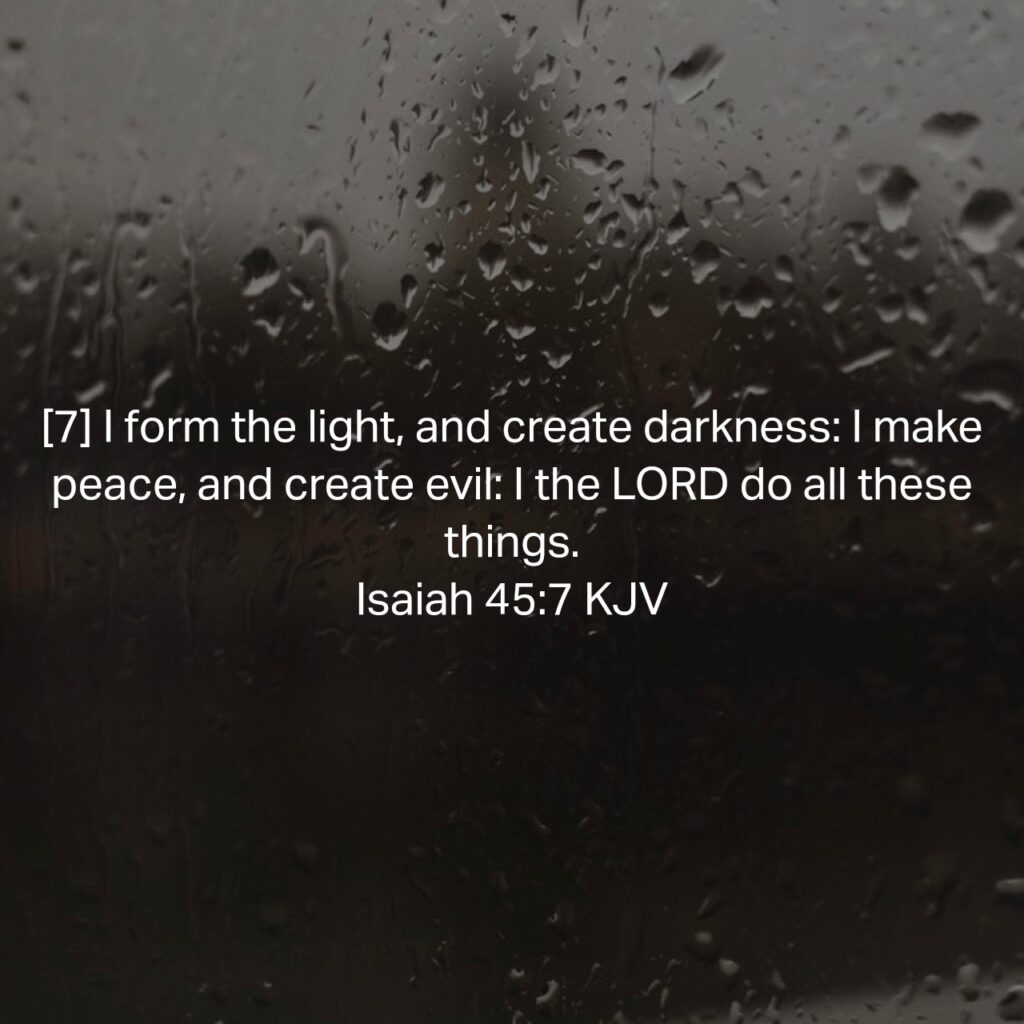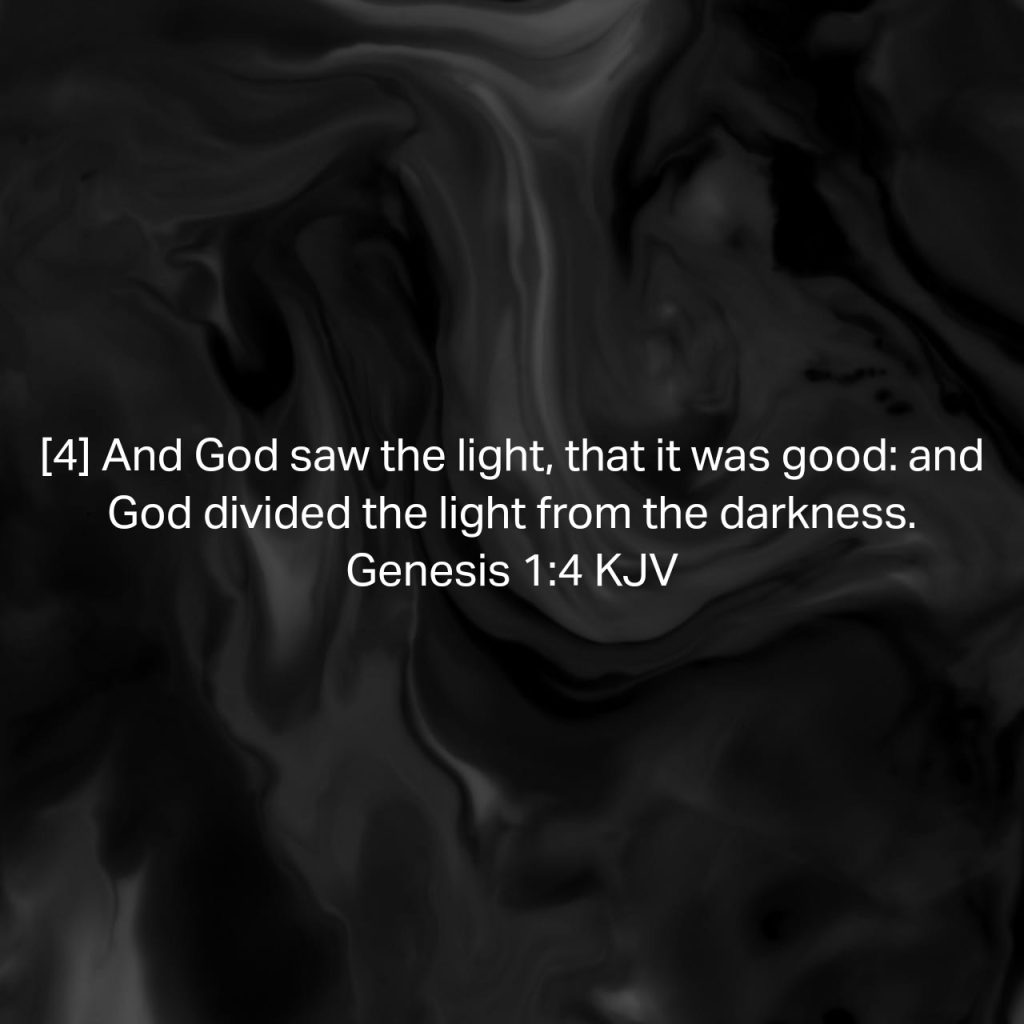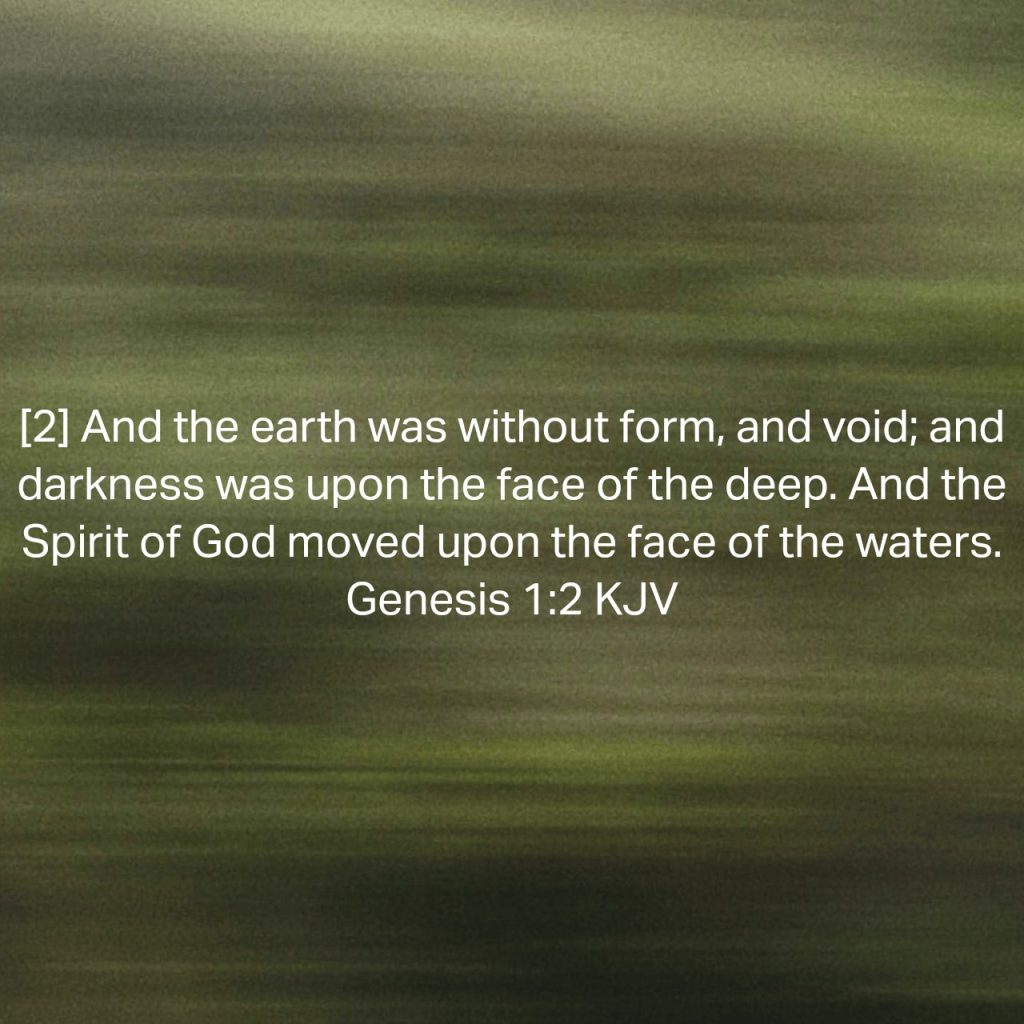“I form the light, and create darkness: I make peace, and create evil: I the LORD do all these things.” Read more here. Introduction Isaiah 45:7 emphasizes the sovereignty of God over all aspects of creation, both positive and negative. Interpretation This verse highlights God’s ultimate control over the universe. He creates both light and darkness, peace and calamity. It underscores His omnipotence and the belief that all things, good and bad, are within His divine authority. Modern Day Application Across Various Fields 1. Theology Encourages believers to recognize God’s sovereignty and trust in His control over all circumstances, both favorable and challenging. 2. Philosophy Promotes contemplation on the nature… Read More
Continue Reading





